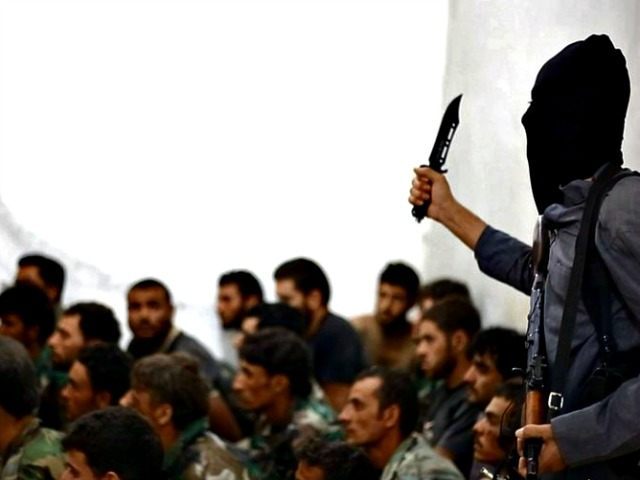AFP relates a warning from Attorney-General George Brandis of Australia that the Islamic State has “ambitions to elevate its presence and level of activity in Indonesia, either directly or through surrogates.”
Brandis described this as part of the ISIS vision for a “distant caliphate,” establishing a presence far beyond the Islamic State’s home turf in Syria and Iraq.
“ISIS has a declared intention to establish caliphates beyond the Middle East, provincial caliphates in effect,” he explained. “It has identified Indonesia as a location of its ambitions.”
“The rise of ISIS in the Middle East is something that has destabilised the security of Australia, it’s destabilised the security of Indonesia and it’s destabilising the security of our friends and partners, particularly here in the region,” added Australian Justice Minister Michael Keenan.
Brandis and Keenan made this assessment after a series of meetings between Indonesian and Australian officials. Over the weekend, police raids across Java resulted in nine arrests, plus the confiscation of explosive materials and an “ISIS-inspired flag.” For their part, the Australians have foiled six terrorist attacks over the past year, as well as suffering casualties from attacks that could not be prevented.
Australia and Indonesia reached an agreement to increase cooperation on counter-terrorist intelligence on Monday.
Indonesia, the most populous Muslim-majority country in the world, shares the fear of many other governments that Islamic State radicals will return home from battlefield service in Iraq and Syria, armed with terrorist connections and dangerous skills.
In November, the Washington Times reported on an Army think-tank study that found “Southeast Asia, and especially Indonesia, is a routine stop for hundreds of smuggled terrorists.” Southeast Asia was part of the optimum route ISIS provided to recruits looking for a way to slip into Syria.
One research team quoted in the Washington Times described Southeast Asia as a “blind spot” for anti-ISIS analysts. The number of Indonesian recruits traveling to Syria for military service with the Islamic State is said to have jumped from 50 to 500 in a single year, putting a total of 300 to 500 Indonesians in Syria “training for battle.”
However, analyst Greg Fealey of the Australian National University told the UK Guardian he was “a bit skeptical” of warnings about an ISIS caliphate taking shape in Indonesia.
“We’ve not seen Isis sending fighters back to Indonesia or Malaysia to undertake terrorist operations… Nor has there been a statement from IS centrally, indicating they would seek to establish a caliphate in south-east Asia or Indonesia,” said Fealey. He added that fighters who have returned home to Indonesia seem more interested in working with al-Qaeda and its Syrian franchise, Jabhat al-Nusra, than the Islamic State.
A report from the Jakarta-based Institute for Policy Analysis of Conflict quoted by the Guardian said that ISIS social-media efforts are “reaching new audiences,” but “not necessarily changing patters of recruitment” as of yet.
This report added the interesting observation that Indonesians who return home from fighting in Syria are often “disillusioned” due to “corruption, false promises and discrimination by Arabs who treat southeast Asians as second-class citizens.”

COMMENTS
Please let us know if you're having issues with commenting.